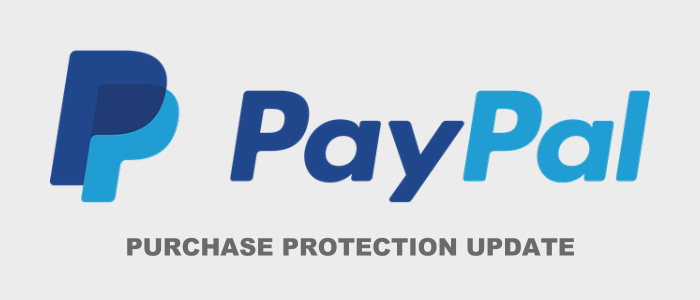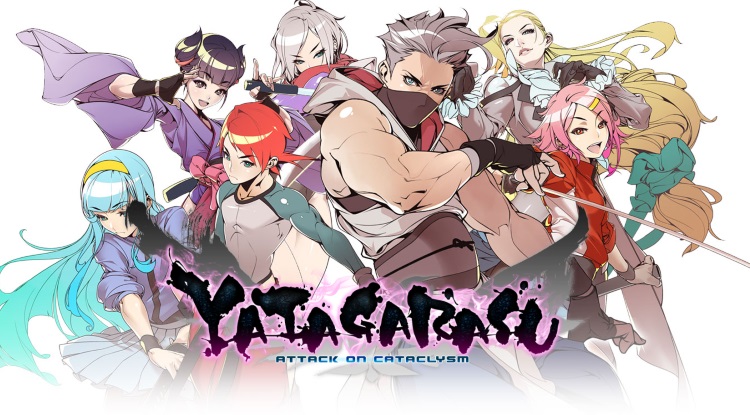In a recent email to users, Paypal announced a change to the eligibility requirements of their Purchase Protection program. Beginning June 25th, payments made to crowdfunding platforms will no longer be eligible for protection. Considering Paypal’s history of issues with the crowdfunding community, this is a change that seems long overdue.
The idea behind Purchase Protection is to protect buyers from scams, which can be unfortunately rife in crowdfunding. Ideally, if the buyer doesn’t receive what they paid for in the state it was described, they are eligible for a refund. Crowdfunding is a unique beast that doesn’t fit this mold.
When backing a campaign, you’re supporting the development of a thing, not purchasing the thing. Clearly, this is a risk taking endeavor. There is no guarantee that the thing you’ve supported will arrive on time, or exactly as you’ve pictured it, because it still needs to be birthed into existence.
Currently, Paypal can put holds on payments or even reverse them without recourse on the campaign’s end. Kickstarter doesn’t even allow Paypal as a payment option. Considering the issues Indiegogo has had in the past, this was a smart move.
When Yatagarasu Attack on Cataclysm, used Indiegogo to raise $118,243 of their $68,000 goal, Paypal was quick to swoop in and place limits on the dev’s account, preventing them from withdrawing funds. This was so Paypal would still have the money in hand to fulfill any refund requests down the line.
“PayPal’s customer service team reportedly told the Yatagarasu AoC developers that PayPal would keep up to half of their crowdfunded dollars frozen until after the game’s release—a death sentence for a game relying on crowdfunding for its development.” via Ars Technica.
Paypal eventually reversed this decision, but instead had to rely on having a team research all crowdfunded projects on a case by case basis. Developers had to prove their campaign was legit through a barrage of personal questions.
Everything from their legal identity, social security number, to a detailed business plan could be required on a whim. Paypal also reserved the right to limit access if they determined a campaign was actually preselling a product without the required delivery disclaimers.
All of this made accepting Paypal a headache for most independent developers. Backer donations aren’t very useful if big brother Paypal is always waiting in the wings to swoop in and take the money back.
While some sites are lamenting the loss of consumer protection, Paypal’s new hands-off approach may actually be beneficial to the crowdfunding community. Since crowdfunding is risky by nature, now developers won’t have to worry about losing their hard-earned dollars after a campaign has succeeded.
True, backers will no longer have any recourse if a campaign goes off the rails and the developer blows the funds, but the lack of a safety net will force people to be far more careful when evaluating which projects they fund. Ultimately, the accountability to the backers falls squarely with the developer, and that is how it should be.





Mixed feelings on this one, we’ll just have to see how things develop.